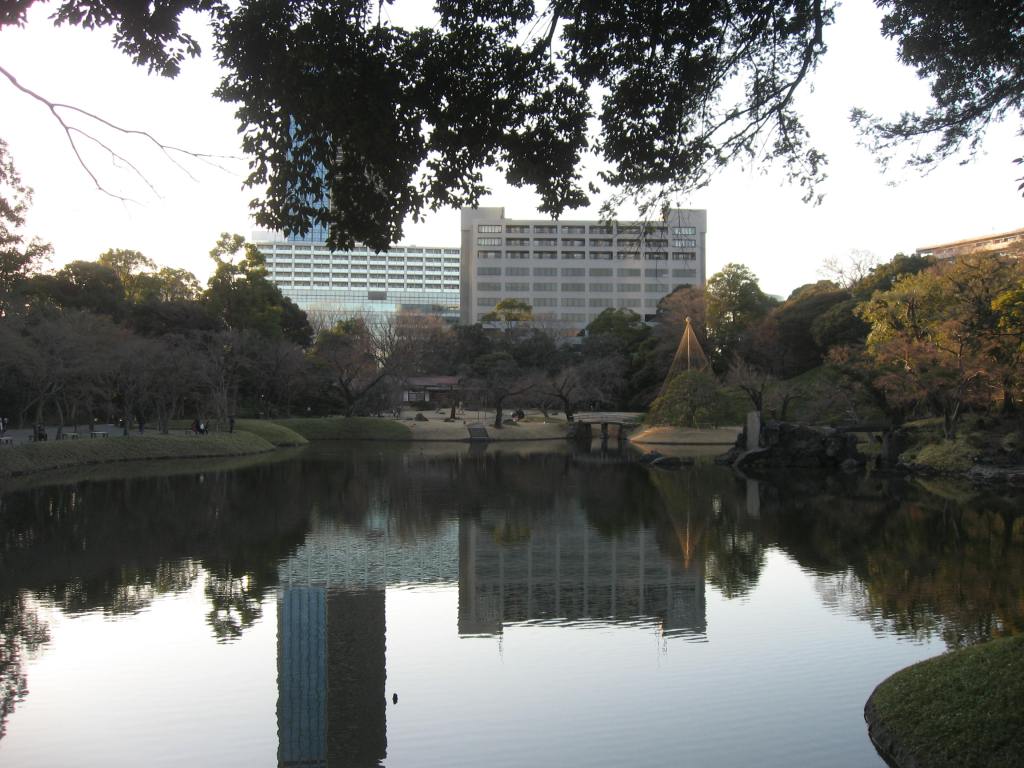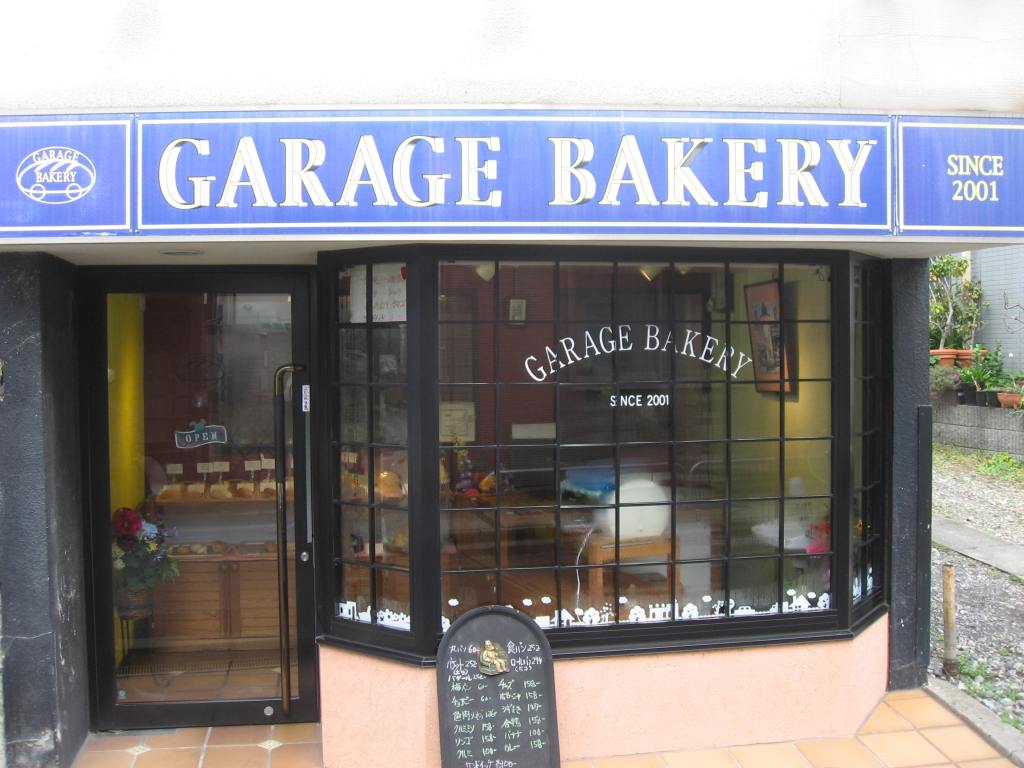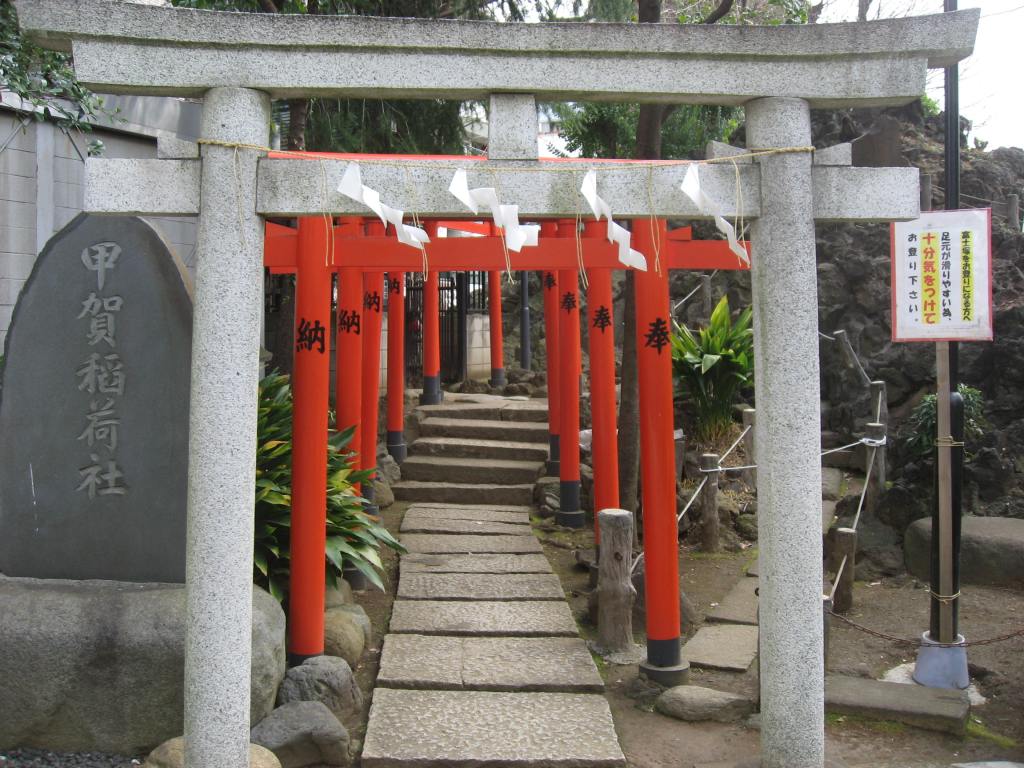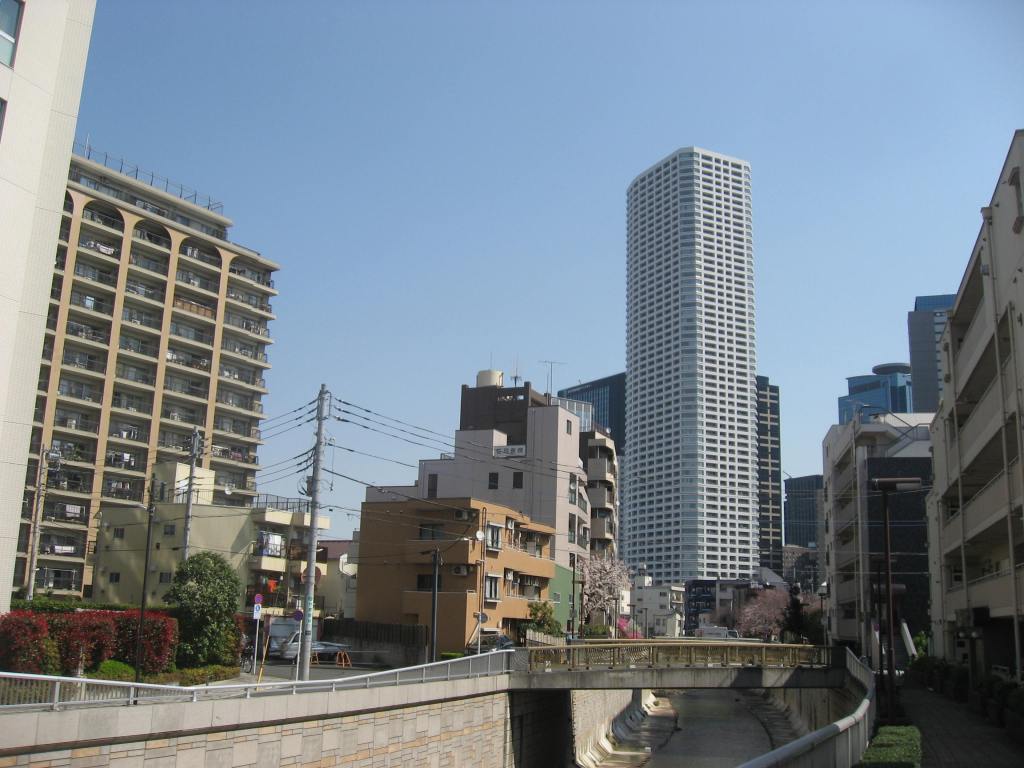
Introduction
Part travel, part memoir, part cultural investigation but overall an exploration of the urban soul of Japan’s capital city while delving into my own psyche while walking the streets.
I’ve lived in Tokyo for about 15 years now. But do I really know the city? Probably not. Do I really know the people? Probably not. Do I really know the language? Definitely not. But I have scratched the surface of it all, and now is the time to dive deeper.
Quarantine, exile, solitary confinement, self-isolation. In these difficult days of the corona-virus we’re all being urged to cut ourselves off from human contact to avoid contagion and infecting others but at the same time to preserve our physical and mental health by taking exercise daily. In the UK family and friends were allowed one hour/day, but no such rules were laid down in Tokyo. But with pools and gyms closed during the State of Emergency and jogging while wearing a mask not conducive to free breathing, walking at a leisurely pace seemed like a good alternative.
Why ‘psycho’? Is this some horror story about stalkers? Certainly not. Is it Freudian-style attempt at self-analysis? Possibly. Is it an attempt to join the ranks of some of the great city walker-writers? Probably. Or is it a growing interest in psychogeography? Definitely.
Psychogeography – sometimes described as the ‘science(?) of walking/wandering aimlessly’. Iain Sinclair, one of the greatest modern proponents says that ‘drifting purposefully is recommended’. As such, psychogeography is not about walking with a pre-determined destination.
A flaneur is a composite figure – vagrant, detective, explorer, dandy and stroller – yes within these many and often contradictory roles, his pre-dominant characteristic is the way in which he makes the street his home and this is the basis of his legacy to psychogeography…soon the mental traveller(Ann Tso quoting from Merlin Coverley’s Psychogeography)
In the introduction to ‘Psychogeography and Psychotherapy’, editor Chris Rose says that:
Walking in a psychogeographical sense is not the same as a stroll or a ramble; it is observant, analytic and self- reflective. Psychogeographers find unfamiliar routes… Walking appears to have an effect that is unrelated to energy expenditure or exercise per se, and is often recommended as a treatment for depression’
James Kirkup in his book ‘Tokyo’ said ‘only by walking the streets can one really hope to know a city and its people’. So, during my retirement years, and certainly in the ‘social distancing’ era, I’ve done just that in the hope that I could get to know the soul of Japan’s capital. I’ve discovered parks, rivers, shrines and back-alley cafes and eateries that are not covered in the mainstream tour guides, and met some fascinating people.



And, by blogging about my experiences, I hope to offer to those with an interest in Japan and its capital city a personal insight and reflection on the place I have called my home for the last ten years.
